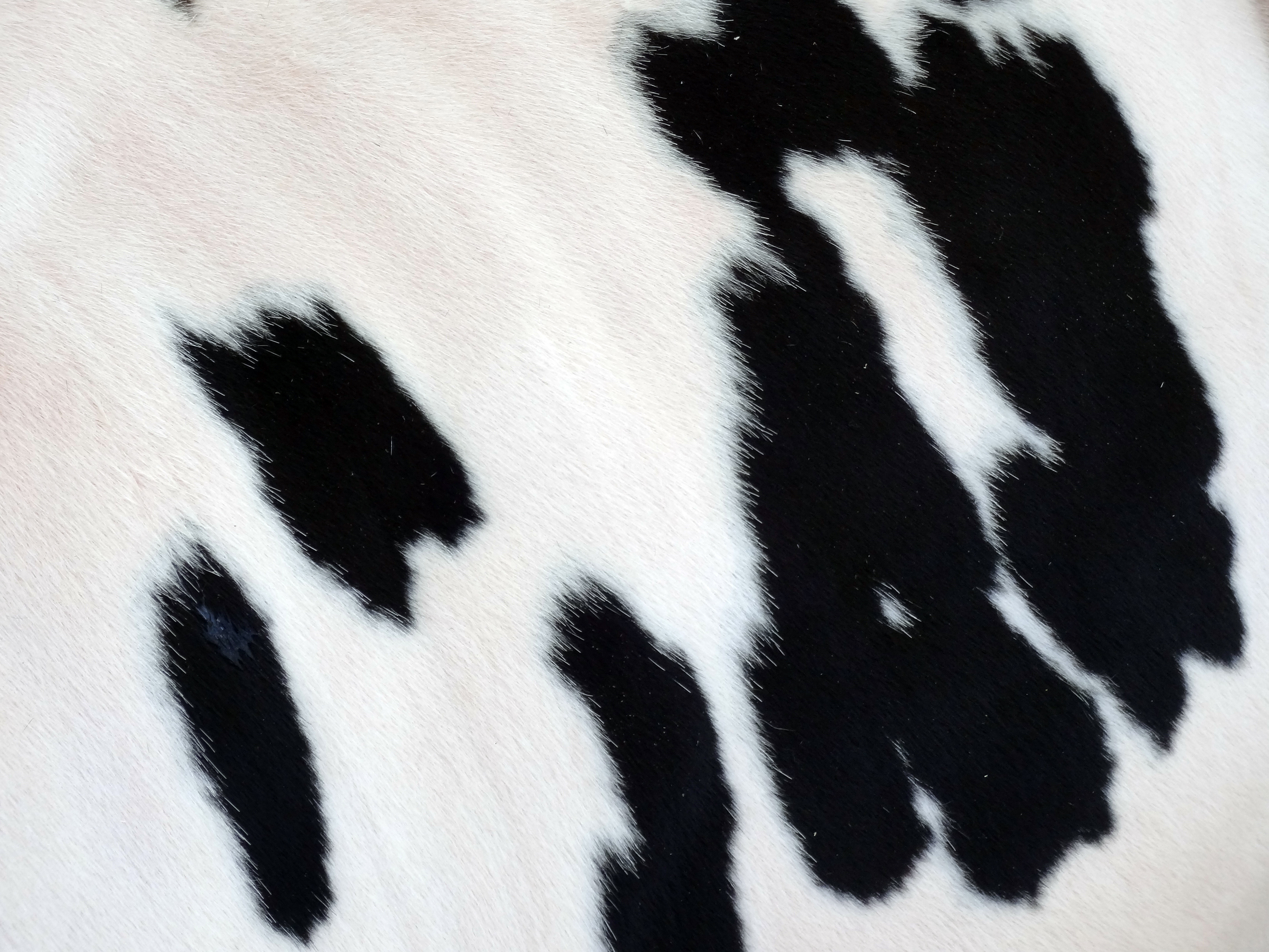Water-soluble vitamins are vitamin C and vitamins of the B group. Choline is also, improperly, inserted among these vitamins because of its certain metabolic functions and defined dosage of use. These vitamins are synthesized by the rumen and intestinal microflora and their supplementation with the diet is still debated. B vitamins include Thiamin (B1), Riboflavin (B2), Niacin (B3, or Nicotinamide or Vitamin PP), Pantothenic acid (B5), Pyridoxine (B6, or pyridoxal, or pyridoxamine), Biotin (B8), Folic acid (B9), Cobalamin (B12). These vitamins are essential co-enzymatic factors in the energy, amino acid, fatty acids, and nucleic acids metabolism (Table 1): their deficiency can strongly affect biochemical functions
Table 1: Water-soluble vitamins and metabolism
| BIOTIN | Protein, fat and carbohydrates metabolism |
| FOLIC ACID | Amino acid and nucleic acid metabolism |
| NIACIN OR VITAMIN PP | Energy metabolism |
| PANTOTENIC ACID | Fat and carbohydrates metabolism |
| VITAMIN B6 | Amino acid metabolism |
| VITAMIN B1 | Protein and carbohydrates metabolism |
| VITAMIN B12 | Amino acid and nucleic acid metabolism |
In general, water-soluble vitamins are included in ruminant diets formulation for two reasons:
- Basal nutrition: both fat- and water-soluble vitamins and minerals are included in diets regardless of the productive phase of the animal
- Clinical and functional nutrition: vitamins are supplemented to the diet to improve hepatic function and to help the animal metabolism as co-enzymatic factors of different pathways. As an example, cobalamin (B12) is necessary for the correct function of methionine-synthase, for the regeneration of methionine in the methylation cycle, and is involved in the Krebs cycle for succinyl-CoA production (Girard et al., 2005. Livest. Prod. Sci. 98:123-133; Girard et al., 2005. J. Dairy Sci. 88:671-676).
The difficulty is that dietary B vitamins are highly degradable in the rumen so that their bioavailability is strongly affected if they are not rumen-protected. Accordingly, the Nutrient Requirements of Dairy Cattle (NRC, 2001) states that ruminants are able to synthesize adequate amounts of water-soluble vitamins and these molecules are also widely included in feed ingredients so that there is no need to supplement them to the diet. However, in 2001 there were a few studies about this topic, and they were not conducted with dairy cows (Miller et al., JAS, 1986 62:473-483; Zinn et al., JAS, 1987 65:267-277). The lack of interest in this topic was partially due to the lack of clinical signs of B vitamins deficiency. Starting from 2001 and following years, a number of studies confirmed the usefulness of B vitamins integration in ruminant diets, especially for high genetic value bovine; this research shows, that this deficiency is related to the reduction in productive performance, even if there are no specific clinical signs.
To calculate the exact amount of dietary B vitamins is quite difficult: different plants among the same botanical species may have very different concentrations of these vitamins, while storage and technological treatments alter the vitamin content. Rumen (and intestinal) microflora are able to synthesize water-soluble vitamins, but also in this case there are a number of variables. The net duodenal flow is used to determine the vitamin intake of the animal: it is the sum of the endogenous microbial synthesis and the dietary intake (both from feed ingredients and additives) actually bioavailable at the intestinal level.
Rumen microbiota is both user and producer of B vitamins. It was demonstrated that the higher the fermented organic material, the higher the rumen synthesis and duodenal flow of B vitamins. The rumen degradation coefficient (kd) of the feed ingredient is negatively correlated to the passage rate (kp). These two values are influenced by several factors: the most relevant is the forages/concentrates ratio of the feed. If there is a high amount of concentrates, the kp will be high because of the small granulometry of these ingredients. On the other hand, bovines that ingest high amounts have a higher duodenal flux of vitamin B6, B12, and folic acid (Schwab et al. 2006. J. Dairy Sci. 89:174-187). Diets with moderate amounts of starch cause the double rumen production of niacin compared to high concentrate diets.
Scientific knowledge defines the endogenous synthesis of B vitamins as insufficient to fulfill the animal needs but the integration through feed additives in the non-protected form is not always effective. Even if a part of them reaches the intestine and some nutrients (for example niacin) can be partially absorbed in the rumen, a large amount of the supplementation is used by rumen microflora.
In the NRC 2001, niacin and biotin requirements are not indicated. All the current scientific knowledge indicates to integrate into lactating cow diets 20 mg/day of biotin, but without any indication about the rumen-protected or non-protected form of the additive. However, it is well known that the supplementation of these vitamins has positive effects on the hoof health. Biotin is involved in the hoof keratinization zinc-dependent process, increasing fatty acids synthesis into the keratogen squamous cells. An improvement in milk production and fertility was also demonstrated after biotin and vitamin B12 dietary supplementation (Girard and Matte, 2005. Livest. Prod. Sci. 98:123-133; Bergsten et al., 2003. J. Dairy Sci. 86:3953-3962).
Concerning niacin (vitamin PP) studies demonstrated the positive effect of the dietary supplementation with 6-12 g/day especially during the transition period, due to the reduction of fat mobilization, NEFA production, and ketosis risk. (Pires et al., 2007. J. Dairy Sci. 90:3725–3732).
Vitamin B12 is important for rumen microflora growth, but only if the diet contains also cobalt. There is no evidence of clinical deficiency of this vitamin. However, the progressive exclusion of cobalt due to the harmful effects for feed mill workers increases the risk for B12 deficiency in ruminants.
Conclusion
B vitamin supplementation, in many studies, has shown positive benefits. As you evaluate supplementation here are a few points to consider:
- The duodenal flux is related both to the diet and the rumen microflora and is really hard to be exactly determined;
- The constant increase of animal performance lead to a parallel constant increase of vitamins requirements by the ruminant itself and its rumen microflora;
- B vitamins requirements for the rumen, which allows an improvement of metabolizable protein and volatile fatty acids, must be given through the non-protected forms of the molecules.
- Deficiency in B vitamins causes metabolic dysfunctions due to the fundamental co-enzymatic activity of these vitamins. The consequence is a reduction of the general health status and performance of the animal;
- The supplementation through rumen by-pass (microencapsulated) form of water-soluble vitamins is the only way to be sure that they are available for the animal.
- Stress, an increase in energy requirement, and infections cause an increase in vitamin needs. In these cases, it is useful to incorporate rumen-protected B vitamin additives.
For more information: marketing@vetagro.comOriginal article here.







